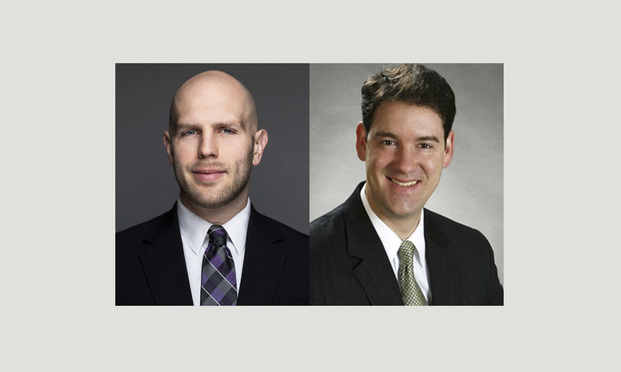As COVID-19 continues to alter the way we live our lives, organizations and individuals must protect their sensitive data in order to protect themselves. While some changes are likely to be temporary, others are will have long-lasting effects. The pandemic has forced employees to work remotely, resulted in school closures impacting almost 70% of the world’s student population, and given rise to a number of new online scams. These drastic, rapid changes highlight the need for better organizational and individual cybersecurity practices.
As we move toward even greater reliance on computer networks, we must also consider how to do so safely and how to provide virtual security while protecting digital privacy rights. The unexpected transition to a mass work-from-home setting has introduced new and vulnerable points on which attackers will focus. Employers have been forced to rely upon communication technologies that have not been as secure as was hoped or expected. At the same time, there has been a rise in malicious social cyber activity such as online scams and phishing emails. To minimize vulnerabilities and any accompanying liability, organizations and individuals should reconsider their privacy and security practices and policies.
This content has been archived. It is available through our partners, LexisNexis® and Bloomberg Law.
To view this content, please continue to their sites.
Not a Lexis Subscriber?
Subscribe Now
Not a Bloomberg Law Subscriber?
Subscribe Now
LexisNexis® and Bloomberg Law are third party online distributors of the broad collection of current and archived versions of ALM's legal news publications. LexisNexis® and Bloomberg Law customers are able to access and use ALM's content, including content from the National Law Journal, The American Lawyer, Legaltech News, The New York Law Journal, and Corporate Counsel, as well as other sources of legal information.
For questions call 1-877-256-2472 or contact us at [email protected]


 Sebastian Fischer of
U.S. Cybersecurity and Infrastructure Security Agency and J. Alexander Hershey of Clark Hill
Sebastian Fischer of
U.S. Cybersecurity and Infrastructure Security Agency and J. Alexander Hershey of Clark Hill




